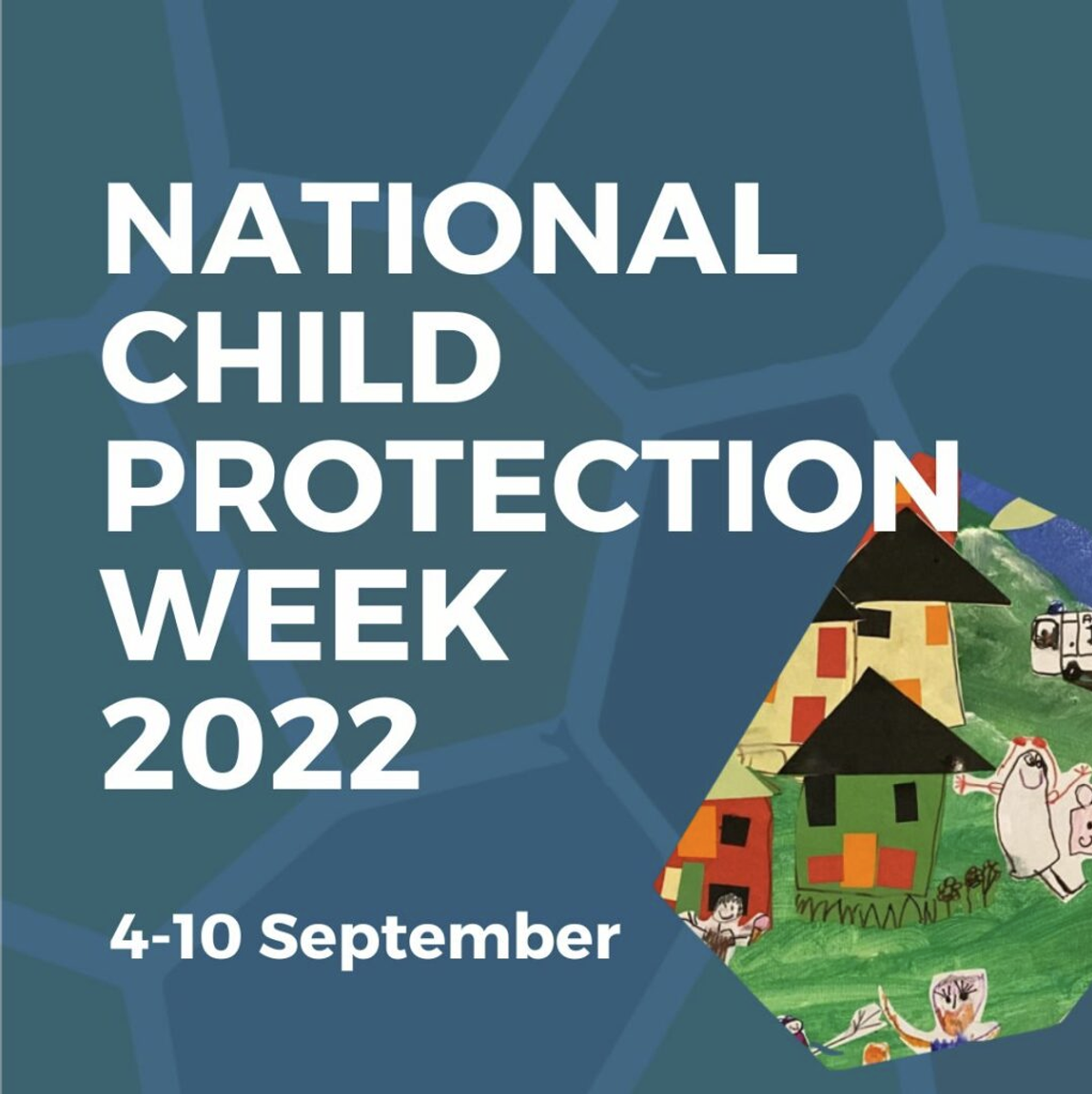
Principal's Page
National Child Protection Week
Every Child in Every Community Needs a Fair Go
National Child Protection Week is all about the ways that we can all work together to build communities that support children and families.
Children are safest when they are listened to, respected and believed. All adults can play a part by ‘tuning in’ to children in everyday situations about small worries; then they are much more likely to feel comfortable telling us if something big is wrong.
Respectful Relationships, Child Safety, Growth, Development and Sexuality Education
At St Joseph's, we have reviewed and updated all of our units of work on Respectful Relationships, Child Safety, Growth, Development and Sexuality Education in every grade.
We have also been supporting parents as we partner together for the safety of all of our students. Last night parents attended one of two sessions where content from the units was explored further following the letters recently sent to every parent. The purpose of these sessions was to have genuine engagement and partnership with parents in relation to respectful relationships and child safety education. It is important that we have a shared understanding and responsibility for empowering children with evidence-driven and faith-based respectful relationships, child safety and human development education.
Some of the important messages from the sessions were:
Talking with children about safety:
- Support children to identify trusted adults (both within the family and outside) they can talk to, if they are worried, upset, or don’t feel safe. Make sure these adults know they are on your child’s list.
- Remind children that they can talk to you or a trusted adult about anything, no matter how big or small their worry might be.
- Talk to children about how they know when they feel safe or unsafe. Help them to listen to their early warning signs (how their body feels), and to trust their feelings and instincts.
- Use everyday activities as opportunities for conversations (e.g. preparing meals and snacks, going for walks, playing, shopping). If children are used to having lots of communication, it can make it easier to talk when big or tricky issues come up.
- Be open to talking about all kinds of feelings, including anger, joy, frustration, fear and anxiety. This helps children to develop a ‘feelings vocabulary’.
- Start the conversation early e.g. no keeping secrets, protective actions, consent around personal boundaries, trusting feelings, use proper names for body parts
- Normalise talking about the body, feelings, and what’s ok and not ok in relationships
- Answer questions honestly and accurately
- Listen with an open mind and heart e.g. limit shame and the taboo of certain subjects
- Stay calm and available if they do share with you challenging experiences or behaviours- listen
- Let them know they can talk to you about anything
Children and young people need trusted adults in their lives, that understand the complexity of today’s world and the issues young people are faced with. Our shared purpose is to guide them to engage in and maintain respectful, life giving relationships now and in the future.
National Child Protection Week is a great time to start conversations with children and families about feeling safe.
These conversations can be difficult but they are essential.
TALK SOON - TALK OFTEN - TALK HONESTLY
PROVIDE MEANING
Let them know they can always come to you
Let’s start the conversation...so we can rewrite the narrative on respectful relationships now and in the future.
Below is a handout from the Daniel Morcombe Foundation that may be helpful to all parents in starting the conversation with your children.
NATIONAL CATHOLIC SAFEGUARDING STANDARDS
The National Catholic Safeguarding Standards (NCSS) have been introduced in 2022 and provide a framework for Catholic entities to promote the safety of children and adults at risk. They outline the policies and activities that will prevent, respond to, and support reporting of concerns regarding child abuse. The Standards work together to ensure that every entity, ministry and organisation across the Catholic Church places the safety of children and adults at risk at the core of how they plan, think and act.
The 10 National Catholic Safeguarding Standards incorporate recommendations from the Royal Commission into Institutional Responses to Child Sexual Abuse and also the National Principles for Child Safe Organisations, contextualising these requirements for the Catholic Church in Australia. The Standards have been adopted by all Church Authorities, religious institutes, Catholic entities, ministries and organisations across Australia.
The standards require that Catholic entities, ministries and organisations have:
1. strategies to embed an organisational culture of safeguarding, through effective leadership and governance;
2. strategies to ensure children are informed about their rights, participate in decisions affecting them and are taken seriously;
3. strategies to ensure families, carers and communities are informed and involved in promoting child safeguarding;
4. strategies to ensure equity is upheld and diverse needs of children are respected;
5. recruitment, screening, supervision, support and other human resource practices which reduce the risk of child abuse and ensure people working with children are suitable and supported to implement child safeguarding values in practice;
6. processes for raising concerns and complaints which are responsive, accessible and used by children, families, carers and communities;
7. training and education which equips personnel with knowledge, skills and awareness to keep children safe;
8. strategies to identify and reduce or remove risks in both physical and online environments;
9. processes for regularly reviewing and improving safeguarding systems and practices; and
10. policies and procedures which underpin and articulate safeguarding across the entity.
This week we have been focussing on STANDARD THREE Partnering with families, carers and communities.
Families, carers and communities are informed and involved in promoting child safeguarding
For all things at St Joseph's, give thanks!
Jen Charadia - Principal
Principal Awards
The following students received their Principal Awards on Friday 9 September (Term 3 Week 8).
| YEAR 1 | |
| Alby B | 2nd |
| Harvey W | 1st |
| Isabella B | 2nd |
| Emmett G | 2nd |
| YEAR 2 |
|
| Evie S | 2nd |
| Hayden K | 2nd |
| YEAR 3 | |
| Harper M | 3rd |
| Jude R | 3rd |
| Liam P | 3rd |
| Miles E | 4th |
| YEAR 4 |
|
| Mikayla K | 5th |
| Nash H | 4th |
| |
| Year 5 |
|
| Poppy R | 5th |
| Imogen T | 5th |
| YEAR 6 | |
| Grace L | 6th |
How does my child receive a Principal's Award?
Class teachers nominate students for Blue Merit Awards and are presented at the weekly assembly. When five Blue Merit Awards have been received, students are eligible for a Principal’s Award. When students attain their 4th Principal Award, they are awarded a Principal’s Medallion at an assembly. End of Term awards can be included as part of the 5 awards.
Acknowledgement to Country
St Joseph's Bulli acknowledges and pays respect to the Dharawal people past and present, the traditional custodians of the land on which our school is built.



